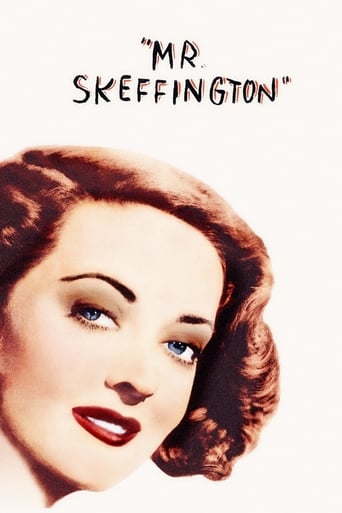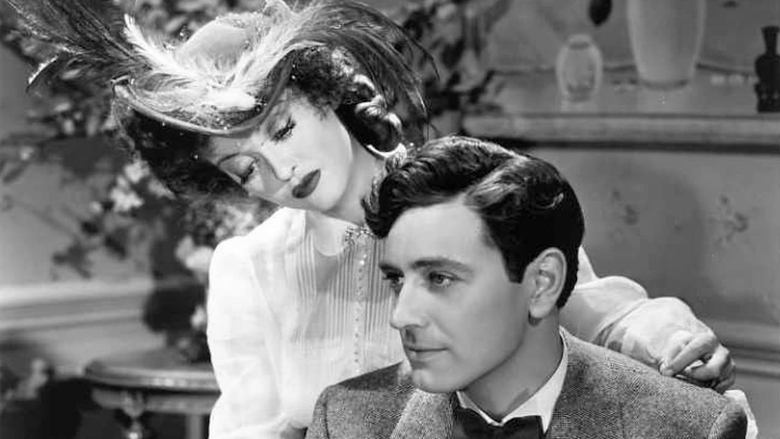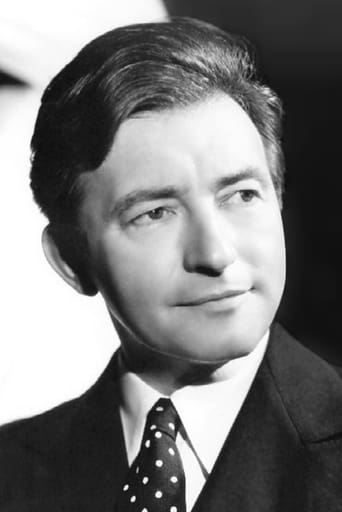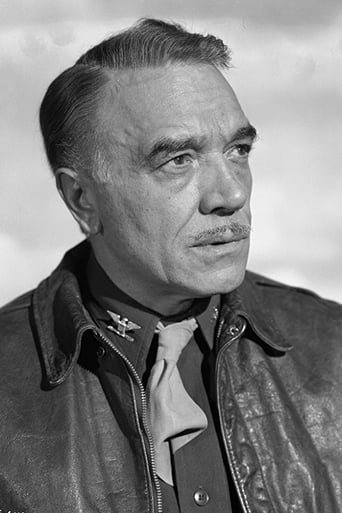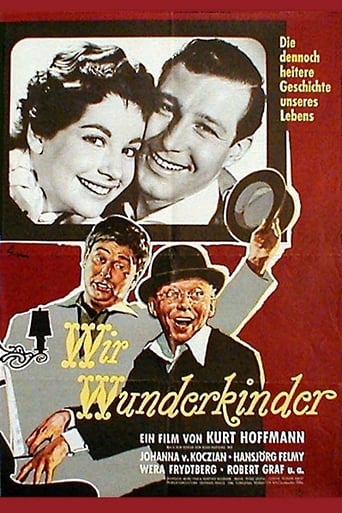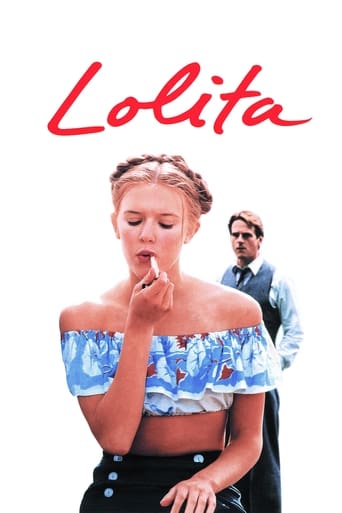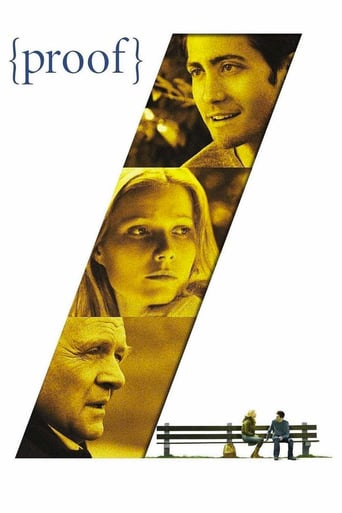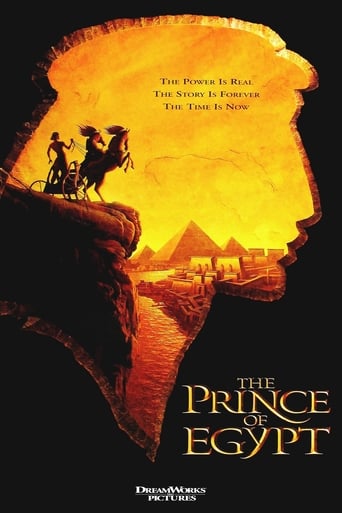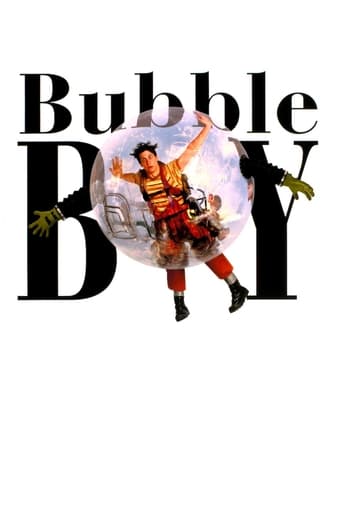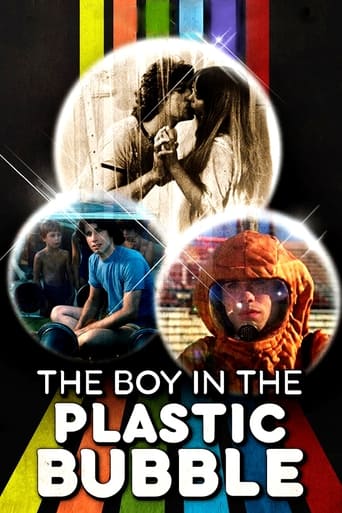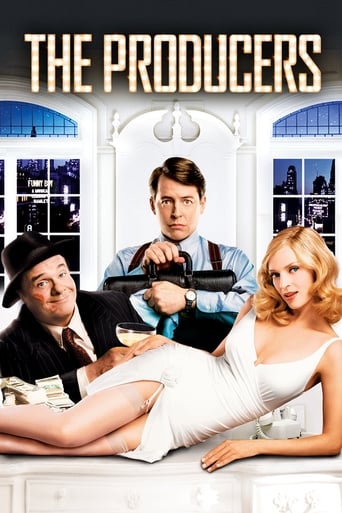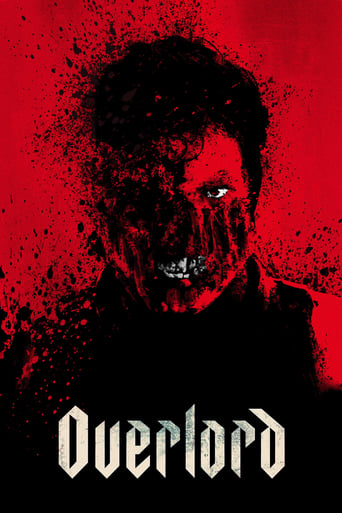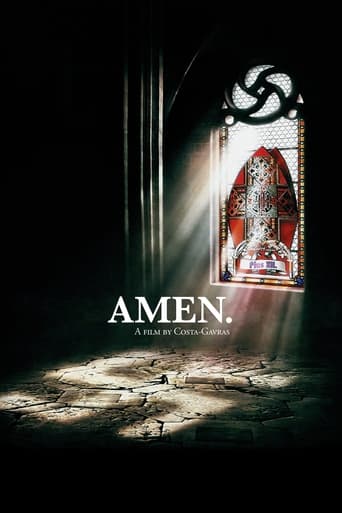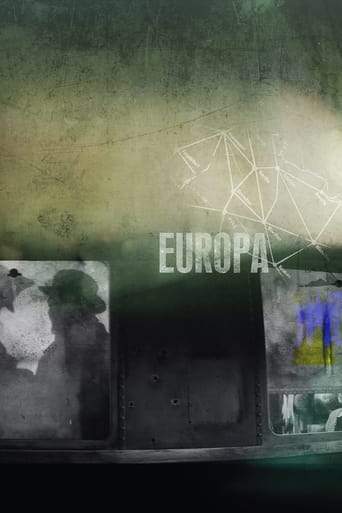Mr. Skeffington (1944)
A beautiful but vain woman who rejects the love of her older husband must face the loss of her youth and beauty.
Watch Trailer
Cast


Similar titles
Reviews
. . . the U.S. War Department Film Censors of the World War Two Era, nor could it survive the Extreme Vetting that Leader Trump's ICE men will be able to do once his tie-breaker U.S. Supreme Court Justice Neil Gorsuch (whom he trumped away from Barack Hussein Obama) overrules all of the latter's lowly so-called judges. MR. SKEVINZSKAVA confesses to American Intelligence Operative "Fanny Trellis" that he's assumed the name of "Skeffington" at 37:40. Bette Davis' "Fanny" then goes undercover (literally) to sleep with this MR. SKEVINZSKAVA (who is later reported to be one of Hitler's U.S. Fifth Columnist Minions), not unlike Ingrid Bergman's fate in NOTORIOUS. Bette goes Ingrid one better, getting knocked up with MR. SKEVINZSKAVA's child. The heroic Bette--then between her own Real Life abortions #5 and #6, according to her Trivia Page on this site--goes through a ROSEMARY'S BABY-type ordeal, in which this DEMONSEED makes her "all puffy and swollen and ugly" (58:30). Soon Bette, just 36 in Real Life, convinces us that she's a 50-year-old Fanny, pushing 97. Sadly, Bette's lizard-faced condition froze on her for the remainder of her career on the Big Screen, illustrating the sort of irreversible damage that can be done to our All-American Gene Pool if Homeland Security allows the MR. SKEVINZSKAVAs of this world to sow their Wild Oats--spreading STD's such as syphilis, gonorrhea, and diphtheria--among our delicate Fanny's.
On the surface "Mr. Skeffingnton" may look like nothing more than another novelettish women's picture from the 1940's, designed purely as a vehicle for its star, but look more closely and you can see that it is in fact one of the great films about growing old and about how some women will deceive themselves that they never will. It is a great tragic-comedy.Fanny Trellis is a silly, frivolous young woman while the men who flutter around her are sillier still. At first you might think there isn't much to this but when Fanny marries older and richer Job Skeffington, (a superb Claude Rains), the film deepens and darkens. Job is her brother's employer and Fanny marries Job to get her brother off the hook when he's caught with his fingers in the till. Fanny loves Job the way you might love a pet and treats him accordingly.The movie was directed by Vincent Sherman, not the most profound of film-makers but a consummate director of women's pictures and his star is Bette Davis, (who else?), at her very finest. The greatness of Davis' performance is that she grows into the role using all her trademark mannerisms to build Fanny's character. Near the end of the film there is a magnificent sequence, stunningly shot by Ernest Haller, where Fanny, alone in her mansion, suddenly realizes she is now an old woman and no longer attractive. This sequence is a triumph for director, DoP and star. Perhaps the film isn't quite a lost masterpiece; on the other hand, it's a film that transcends its genre. Perhaps I should go back and revisit the Sherman canon again.
Mr.Skeffington is directed by Vincent Sherman,produced by Jack L.Warner and the Epstein brother Julius and Phillip(who also both wrote the screenplay)based on the novel by Elizabeth Von Arnim, has music by Franz Waxman and stars Bette Davis,Claude Rains,Walter Abel and Richard Waring.Without a doubt this is one of the saddest love stories ever filmed,mostly due to the heartbreaking performance by the wonderful Claude Rains.In his hands Mr.Skeffington is a kind,large hearted,all round good man who's love of his life does not love him back.He's all hurt expressions and puppy dog eyes,making him so adorable you want to gather him up into your arms and hug him.Bette holds her own against Rains sympathetic Skeffington,switching from girlish charm one moment,to cold-hearted and cruel woman the next.Yet she manages a neat trick in that we never actually fully hate her despite the things she does.Mr.Skeffington is much more than just a tale of unrequited love,it takes in both world wars and prohibition as well.Beginning in New York in 1914,Mr.Skeffington tells the story of famous,society beauty,Fanny Trellis(Bette Davis)and her adored brother Trippy(Richard Waring).They are going broke following their fathers death,however both keep up the facade they are still wealthy.Unbeknown to Fanny Trippy has been embezzling funds from his boss,Job Skeffington(Claude Rains).Mr.Skeffington calls on the pair one night and quite gently tells Fanny that he'll allow Trippy to pay him back and keep it out of the public eye.Fanny isn't quite satisfied with that and turns on the charm full volume and ends up making Skeffington fall in love with her.He adores her more than anything else,not realising she has only done it so she can protect Trippy and give him money from her new wealth as Mrs.Skeffington.Trippy however hates Skeffington and he leaves to join the air corps at the outbreak of World War One.Soon the Skeffington marriage becomes intolerable with Fanny seeing other men and ignoring their daughter,who ends up basically being raised by Job and Fanny's cousin George(Walter Abel).Job never stops loving her and when illness leaves her disfigured she remembers his words "A woman is beautiful when she's loved...and only then".Deeply moving with two unforgettable lead performances,this is a tearjerker of the highest order,well worth watching.
Mr. Skeffington (1944)A full blooded romance, tragic and comic, with political and personal points made for the final two years of the war against the Nazis. Yes it has Bette Davis and Claude Rains (and a huge cast of first rate secondaries). Yes it has Ernest Haller behind the camera, and Franz Waxman in charge of music. Yes the screenplay was written by the incomparable Epstein brothers (most famous for "Casablanca"). And yes it has a director who is better known for his affairs with Joan Crawford and Rita Hayworth, Vincent Sherman.Sherman surely gets the credit for pulling off all these great scenes, keeping the flow over the decades, and making the ending worth the long path getting there. But he had the best support in the world, Warner Bros. being at its studio machinery peak. And it's high drama material of course, dealing with every big topic from family loyalty to greed to vanity to true friendship to redemption. And it covers all the big historical moments (some very briefly, or with comic indifference) like WWI, the Crash, the Depression, and the beginning of WWII. The final scenes are further examples of the movies subtly (or not so subtly) pressing the case for American involvement in the war.As wonderful as Rains is in his somewhat restrained role (it is commented on that he never smiles and has sad eyes, both true), this is a Bette Davis movie. She is not only in nearly every scenes, she's goes through an incredible range of moods. She is supposed to play an unparalleled beauty, and there was some question whether she was the right kind of woman for that role. She has command, charisma, and confidence enough, for sure, but she doesn't radiate the way a Garbo does. But then, Garbo couldn't act like Davis, not by half for this kind of role, and Davis makes the story something more complicated. One of the lasting themes is how beauty depends on love, or on being loved, and so she has beauty in excess because she is loved (or apparently loved) by so many.This is a melodrama of the best kind, like "The Little Foxes" or "Now Voyager." Yes, all Davis movies. She made these stories bigger than life because she, somehow, was bigger than life. But there are a million other things to watch happening, too, from lots of snappy (and witty) dialog to a slick and fluid photography. Note, if you have time, the two steps leading from the large entry parlor of the house where most of the movie is set down to the parlor. It's here, looking up and looking down, or moving up or down, that many of the major events of the movie have their roots. Including during the last few minutes.

